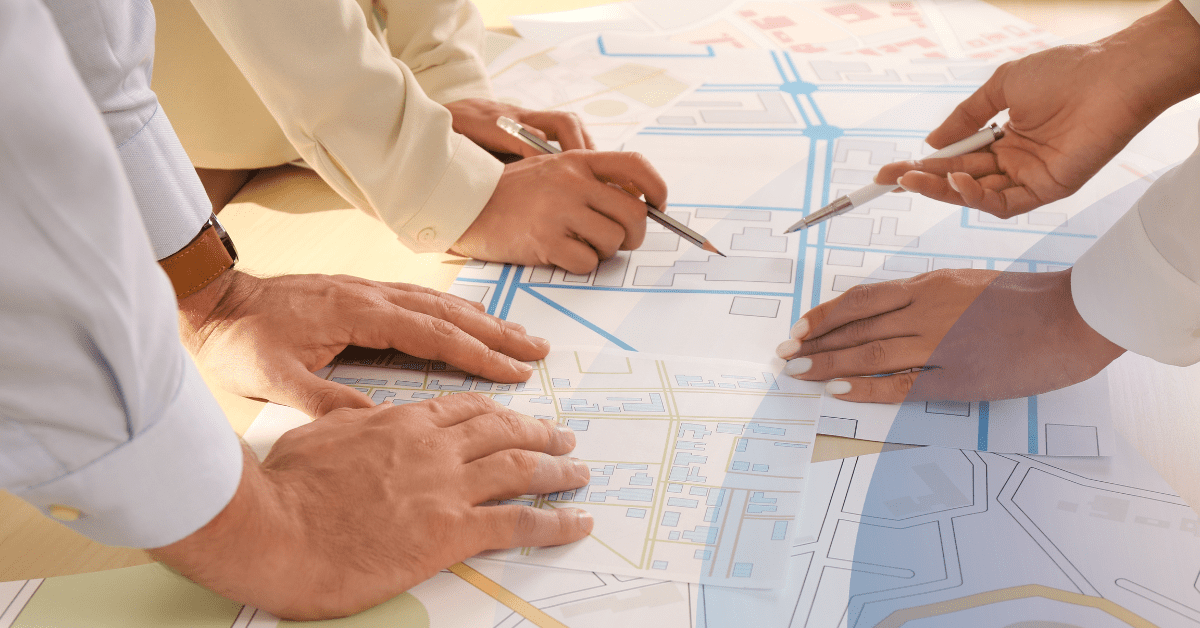In the middle of June, I suddenly came to feel like my to-do list was my entire personality. I’d find myself mumbling, “ok, what’s next?” all the time! Even when I was doing something I liked, I considered it something to “get through,” rather than something to experience and enjoy. Family gatherings, vacations, even my beloved book clubs (note the plural!) were items on a list to be crossed off instead of fun and meaningful activities. My time wasn’t feeling like my own, and when I did have a small piece of it, I seemed to waste it doing something mindless while I worried about the next obligation.
The worst part was that it was summer! It was the time for fun, and I suddenly considered fun an obligation. I needed to add one more thing to my to-do list: Self-reflect.
For me, that meant carving out time in my schedule to sit quietly and journal. I needed to ask myself some questions so I could figure out how to reprioritize all the things I had to do, scratch out things I didn’t need to do, and make space in my schedule to just breathe.
When it comes to self-reflection, some people are naturals. They have an aura of calm about them and (probably) a yoga mat in their car ready to roll out at any opportunity. Others (like me) understand the importance of self-reflection and have had great self-reflective practices in the past but tend to drift away from those practices when life gets in the way. And that’s just when we need it most!
Taking the time and making the effort to check in with your feelings is an important part of self-care. After nutrition, hydration, and sleep, it is a critical tool in maintaining emotional, mental, and even physical health.
What is self-reflection?
Alex Linley of success.com defines self-reflection as, “…the act of looking inward with the goal of understanding who you are, how you feel and where you want to be. It’s a tool that helps you gain perspective on your strengths, behaviors, thoughts and desires.”
Inward reflection can help provide a deeper understanding of our personality traits, values, strengths, and areas for growth. It also helps you recognize triggers and stressors (something I desperately needed to be aware of at the start of the summer). And it makes room for personal growth and development.
There are a number of approaches or tools available to help facilitate self-reflection. Here are a few options:
1. Journaling
I communicate best in writing, so journaling is a great tool for me, now. When I was younger, it did not work for me at all! I was so self-conscious about what I was writing, and I would cringe every time I thought about rereading or (the horror!) having someone ELSE read what I had written. But I realized it was the writing itself that helped me sort things out, so I started writing with the goal of making my words illegible. It’s just a way to pull thoughts out of my head and process them, and I find myself feeling relieved and relaxed afterward. And I don’t have to worry about anyone (even me) reading my journal because it’s TOTALLY illegible.
There are a number of ways to journal: Guided, gratitude focused, the bullet method to name a few. If putting pen to paper appeals to you, consider trying a few different types to find something that resonates.
For me, journaling is less about documenting my thoughts to review later and more a form of …
2. Meditation
Meditation is a practice intended to quiet the mind and focus us on the present moment. There are types of meditation for every kind of personality, background, and temperament. With some exploration you can find what’s right for you. These practices are designed to help you become attuned to tension in your body and observe your thoughts without judgment to help you gain a clearer understanding of your inner world.
3. Solo Walks or Nature Time
Take solitary walks in nature or spend time in quiet settings. In Japan, this is called shinrin-yoku, which translates to “forest bathing.” According to the Japan National Tourism Organization, “Being in a forest and paying attention to our surroundings stimulates the senses enough to ease the drive to do something, yet is calming enough to allow us a moment of peace.” The serenity of nature can help you detach from distractions and focus on self-exploration.
4. Regular Check-Ins
We’re all busy, and we all can have little slips, like I did, into a way of thinking or being that isn’t serving us. It’s helpful to set aside time regularly (weekly or monthly) to assess your progress, celebrate achievements, and identify areas for growth. Put it on your schedule and treat it like a real appointment! Make a list of questions to ask yourself: How do I feel? What is the best thing I’ve done this week (month)? What do I regret not doing more of?
Answer honestly! Lying to yourself during a personal check-in is like cheating in Solitaire. Sure, you “won,” but what was the point in even playing? Make a mindful decision to watch out for actions and reactions you’ve found haven’t served you.
5. Mindful Self-Reflection Activities
Engage in activities like art, music, or hobbies that allow you to explore your thoughts and emotions in a creative and introspective way. Since I’m being honest (see above), this is something I really need to do more of! Creating something with your own hands is a way of making magic, and even if you don’t love the final product, you can’t help but learn something about yourself along the way.
If this slip from mindfulness can happen to me, it can happen to anyone. I work for a behavioral assessment company, for goodness’ sake! And my job is analyzing assessments! I know how important it is to be mindful of why I act and feel a certain way so I can leverage strengths and minimize challenge areas. But when day-to-day life became hectic, my mindfulness was shoved aside so I could get things done. I just forgot to experience them and enjoy them.
So where did these exercises lead me? After journaling, deep breathing, and walking in nature (which is abundant around me), I realized that I needed to be saying “No” more. And not to other people — to myself! My personality type is an analytical helper. I found I was constantly trying to analyze what other people wanted and offer it to them while not considering what I wanted or even needed. That is a challenge of my personality. I LOVE to help people, but they don’t always necessarily need my help. And they don’t want me to give it at my own expense.
More often than not, what everyone wanted from me is what I wanted for myself: for me to be present, relaxed and happy. So, I learned to pause before offering more of my precious time to someone who wasn’t even asking for it. And I reminded myself to be present. I’m not perfect at it, but I’m getting better. I also learned to evaluate what “fun” means for me. Sometimes it’s quieter and more casual than summer demands. I need fewer trips to the lake and more time swinging on a hammock while reading a good book.
If you’re feeling stressed or overwhelmed or just not as content as you would like, maybe it would help to explore one of the self-reflection methods above. If you are looking for some insights into your behavioral responses to stress and paths to development at work, contact The Omnia Group to explore our behavioral assessment options.
Also read:
The Power of Self-Reflection
Mindful Communication: 4 Tips for Interacting with Introverts
The Mindful Leader’s Edge: Introducing the Path to Mindfulness
The Mindful Leadership Paradox: How Being Soft Can Make You Strong























